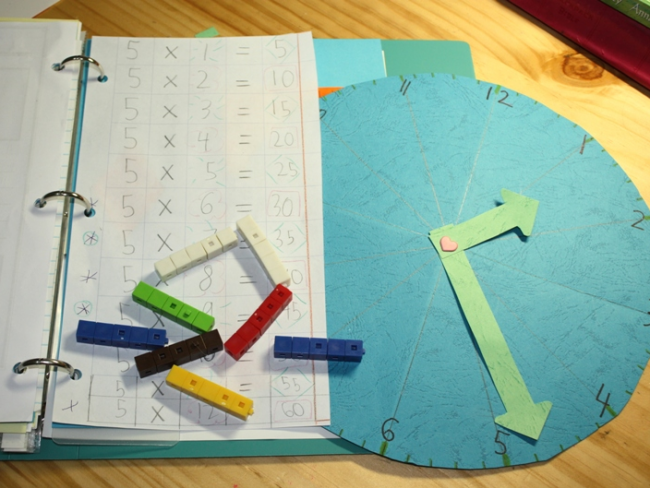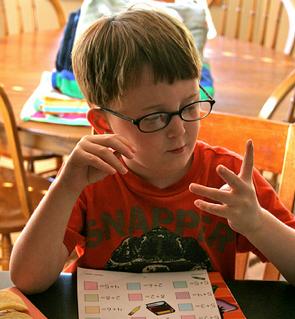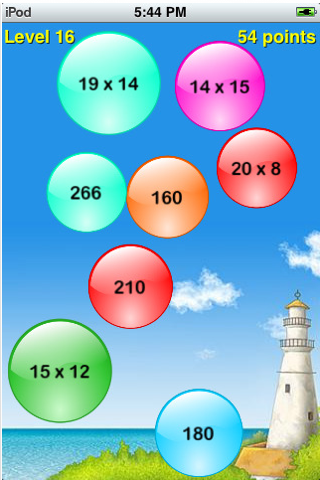Bastion
LQ: 9.15
Recommended Age: 10+
Skills Used: Planning, Working Memory, Mathematics, Reading

Difficulty with basic mathematics and computational skills may often be evident at a very young age. As preschoolers, children who struggle with math may have trouble identifying numbers, learning to count, and recalling simple addition facts. Elementary school students with math difficulties may seem to know math facts one day, only to forget them the next, or may have to go very slowly in completing math homework, as if they were learning to solve each problem for the first time. Some students may be able to master simple calculations, but not be able to automatically apply these skills to higher-order mathematics, including algebra, geometry, statistics, or calculus.

Math computation is defined as the ability to calculate, or use a mathematical operation, to study quantity, structure, space, or change.
Individuals with strong math computational skills are able to learn and retain math facts with greater ease, and apply calculation skills efficiently. Children who struggle with math computation may have difficulty solving basic math problems in their heads or struggle while working out complex math problems, even with the use of a calculator.

Math fluency is described as the ability to solve math problems in an effortless, efficient, and clear fashion, and takes into account the pace with which one can perform calculations. Math fluency enables students to automatically complete a mathematical task without having to figure out each step of the problem as if they were attempting it for the first time.
 Math concepts allow students to understand the relationships between numbers and operations and to apply this knowledge to the real world. Individuals who understand mathematical concepts are often described as having a good “number sense.” Conceptual math underlies an understanding of higher order mathematics and is a key component of sciences, statistics, and computer programming.
Math concepts allow students to understand the relationships between numbers and operations and to apply this knowledge to the real world. Individuals who understand mathematical concepts are often described as having a good “number sense.” Conceptual math underlies an understanding of higher order mathematics and is a key component of sciences, statistics, and computer programming.
Students who have difficulty with math concepts may find it problematic to do word problems because they cannot identify the crucial information needed to solve the problem. They may also experience difficulty understanding graphs, symbols, and higher-level mathematics.

In addition to educational games and apps designed specifically to teach math skills, there are other games and technologies that can serve to practice mathematics while still having fun. These include:
All membership plans come with full access to our entire suite of tools learning guides, and resources. Here are a few of the ones we think you’ll like the most:
My child is having a problem with computation,fluency and concept.I would like to buy these videos which I think will assist him at home.If they are available will you please send me prices sothat I can place an order.
Our membership plans and prices are available on the subscription page:
https://learningworksforkids.com/members/signup/
I am.sooooo excited to have found.this site!!! For years I questioned why apps or video gaming industry did not make productive games to address kids learning issues… I complained about the lack of apps, tools or fun but productive resources to help.my son in learning… this is an answer to my prayers!